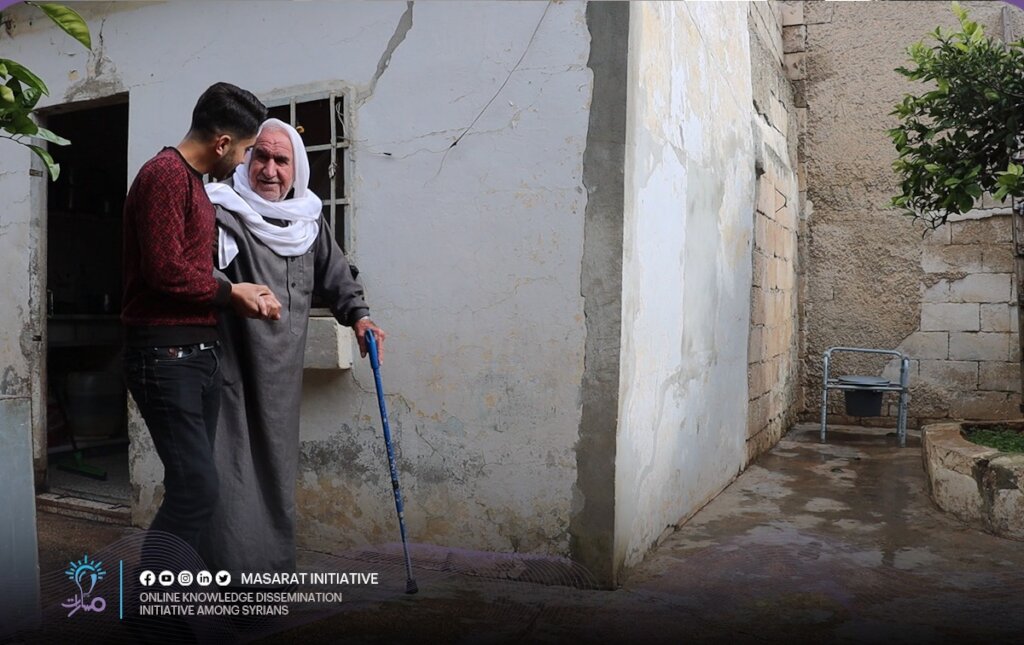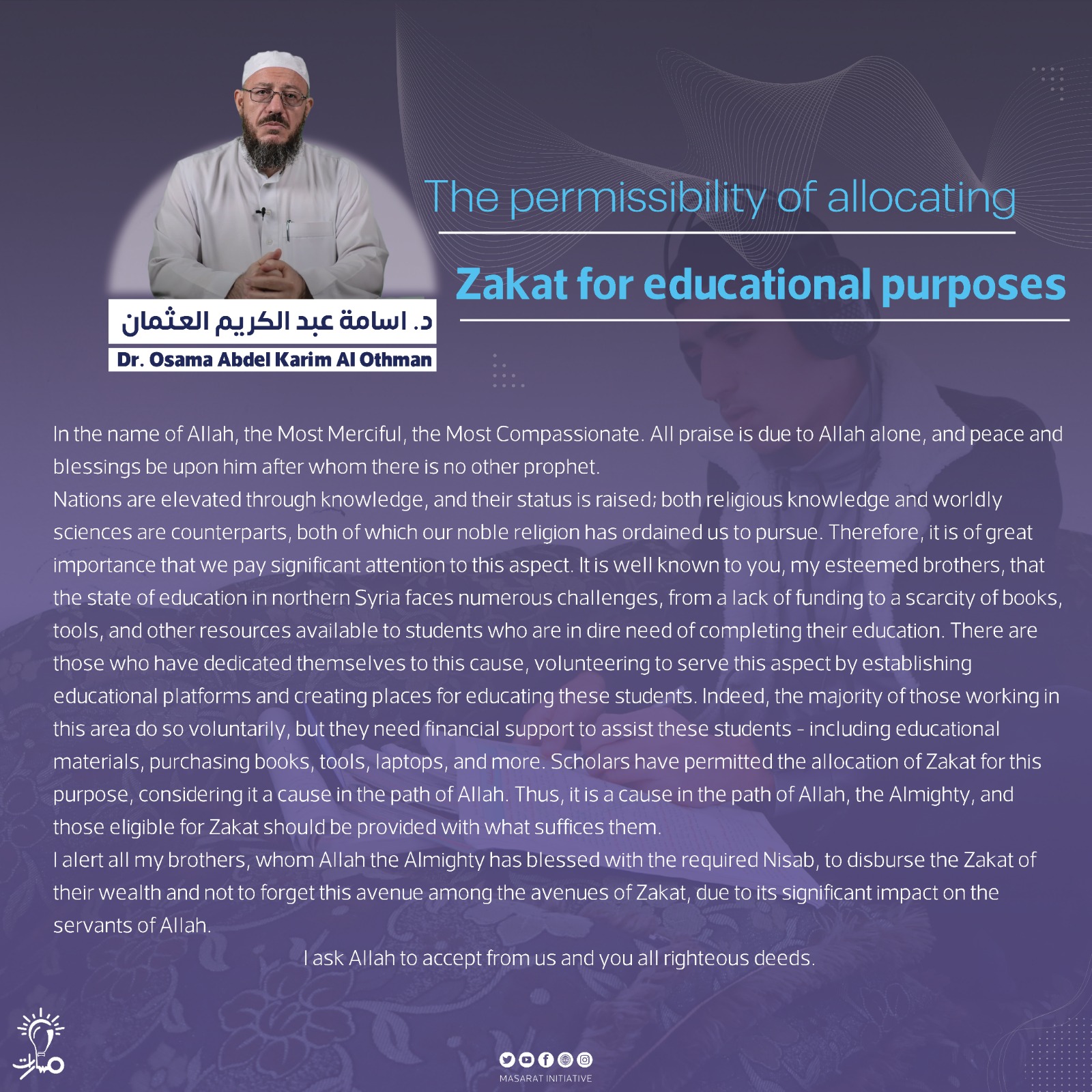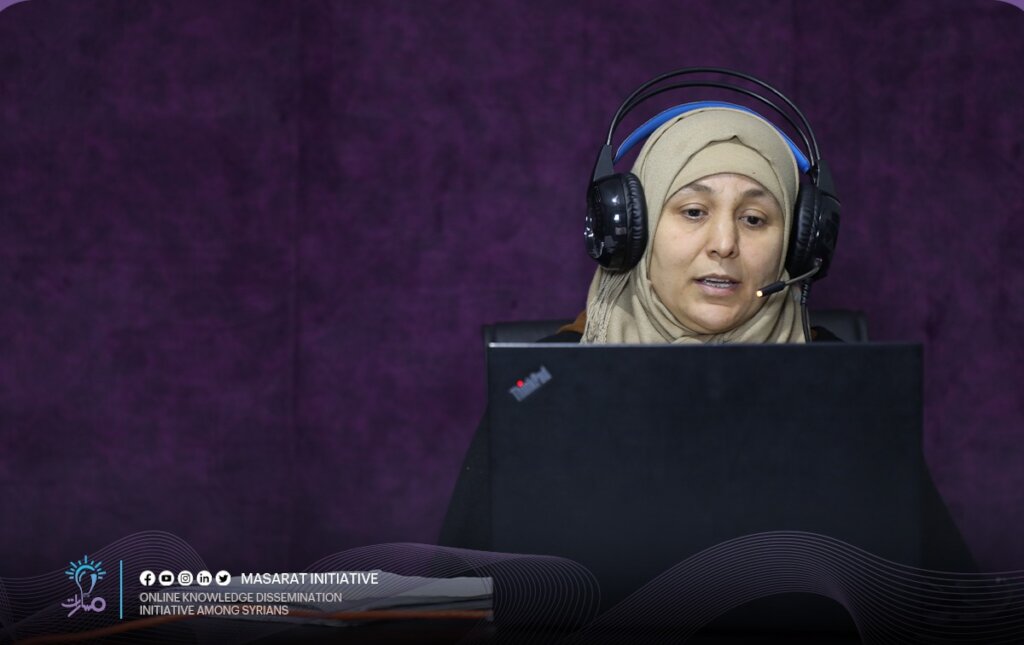Zakat, one of Allah’s obligatory acts upon His believing servants, was initially mandated on essential assets like gold and silver. Nowadays, as money has become the foundation of financial transactions, it has been added to the list of these assets.
This article will inform you about the calculation of silver zakat, its rulings, the conditions for its obligation, and how you can calculate it. We will also answer several questions you might have about it at the end.
The Importance of Silver Zakat in Islam
Zakat on silver is obligatory because it is a precious metal that was historically used as a primary currency in financial transactions. This is mentioned in a hadith from the Prophet Muhammad, peace be upon him, where he said: “For every five Uqiyyah of silver (one Uqiyyah equals approximately 40 grams) – five Dirhams are due, and for anything more, for every forty Dirhams, one Dirham is due, and nothing is due on less than five Uqiyyahs, and on every forty Dinars, one Dinar is due.”
The Four Imams’ Opinions on Gold and Silver Zakat
Scholars unanimously agree that zakat on gold and silver is obligatory if the Nisab (minimum amount) is reached. However, there was disagreement regarding the zakat on gold and silver intended for adornment.
- The majority of Maliki, Shafi’i, and Hanbali scholars believe that zakat is not obligatory on gold or silver used for personal adornment because ornaments do not constitute wealth that can grow.
- The Hanafi scholars see the necessity of zakat on gold and silver, whether for adornment, saving, or otherwise.
Rulings of Silver Zakat
This includes the conditions for its obligation, the Nisab required for zakat, and how to calculate it. Let’s start with these one by one.
Conditions for the Obligation of Paying Silver Zakat
The most important conditions for paying silver zakat are:
Reaching the Nisab for silver; zakat is not due on amounts below this. Owning the silver for a complete lunar year without interruption. Full ownership of the silver, meaning there are no restrictions preventing its disposal. Being Muslim is a fundamental condition; thus, silver zakat is not imposed on non-Muslims.
What is the Nisab Required for Silver Zakat?
Upon meeting the conditions for silver zakat and reaching the Nisab, estimated at 595 grams, the zakat payer must give out 2.5% of it, which is a quarter of a tenth, following what was reported from the Prophet in this matter.
The Amount of Silver Zakat and How to Calculate It When
silver reaches its lawful Nisab of 595 grams and a lunar year has passed, 2.5% of the total amount must be given as zakat, in accordance with Islamic rulings.
How to Pay Silver Zakat and When?
Silver zakat should be paid from the same type of wealth, i.e., from silver, upon completing a lunar year of ownership, or the zakat amount can be paid in cash by calculating the value of silver per gram on the day of paying zakat.
Who Are the Recipients of Silver Zakat?
Following the zakat verse, the recipients are eight categories mentioned by Allah in His Holy Book, starting with the poor and the needy, as He said: “Zakat expenditures are only for the poor and for the needy and for those employed to collect [zakat] and for bringing hearts together [for Islam] and for freeing captives [or slaves] and for those in debt and for the cause of Allah and for the [stranded] traveler – an obligation [imposed] by Allah. And Allah is Knowing and Wise.”
What is the Ruling on Combining Silver with Gold to Complete the Nisab?
Scholars have differed on combining gold with silver to complete the Nisab:
Maliki, Hanafi, and Hanbali scholars allowed combining the two types of wealth to complete the Nisab, arguing that their inclusion in Allah’s saying: “And those who hoard gold and silver and spend it not in the way of Allah – give them tidings of a painful punishment,” means they are considered one type. Shafi’i, Zahiri, and Ibn Uthaymeen believed it is not permissible to combine gold with silver to complete the Nisab, based on a hadith of the Prophet that distinguished between them.
Masarat for vocational training and education in Syria
Your zakat donations meet the basic needs of the displaced and refugees, especially in Syria, where they lack the simplest means of subsistence. The Masarat initiative has adopted a strategy to provide them with opportunities to continue their education and build a strong foundation for their future. Your support in enhancing these opportunities is a significant aid in improving their lives.








